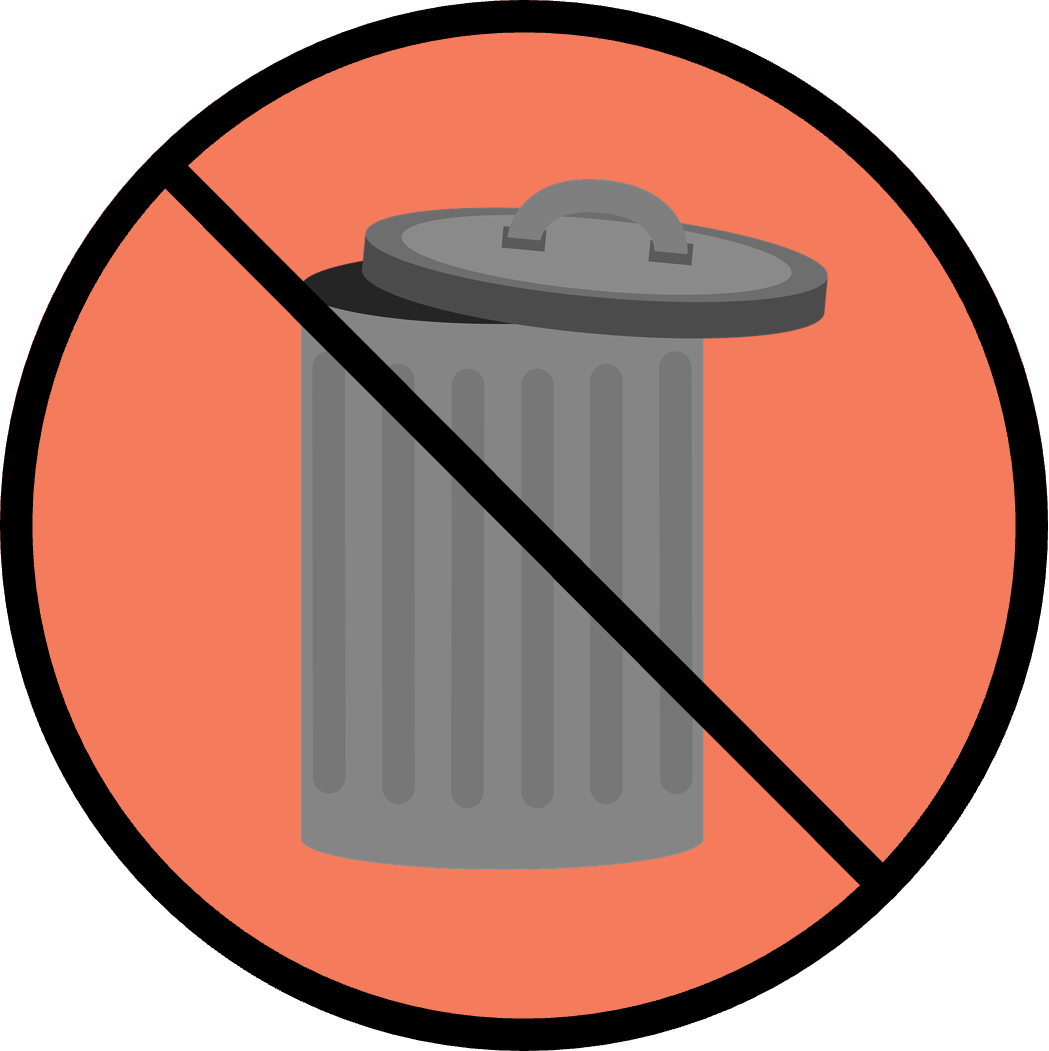
Safeguarding Your Home and the Environment: Responsible Disposal of Household Chemicals
Household chemicals play a significant role in daily life, from cleaning products to paints and pesticides. While these substances are essential, their disposal requires careful consideration to protect both your home and the environment. In this guide, we’ll explore the importance of responsible disposal and provide practical tips for managing household chemicals safely.
Understanding the Impact of Improper Disposal
Improper disposal of household chemicals poses serious risks to the environment and human health. When dumped into drains, poured on the ground, or discarded in regular trash, these chemicals can contaminate water sources, harm wildlife, and even endanger human lives. Understanding the potential consequences highlights the necessity of adopting responsible disposal practices.
Identifying Hazardous Household Chemicals
Before disposal, it’s crucial to identify which household chemicals are hazardous. Products labeled with terms like “danger,” “poison,” “corrosive,” or “flammable” typically fall into this category. Common examples include certain cleaning agents, paints, pesticides, and automotive fluids. Check product labels for disposal instructions, and separate hazardous chemicals from regular waste.
Researching Local Disposal Guidelines
Each community has specific guidelines and regulations for the disposal of household chemicals. Research your local waste management authority’s recommendations to ensure compliance. Many areas host designated collection events for hazardous waste, providing a safe and controlled environment for proper disposal. Familiarize yourself with these resources to dispose of chemicals responsibly.
Participating in Hazardous Waste Collection Events
Many municipalities organize hazardous waste collection events where residents can safely dispose of household chemicals. These events typically accept a wide range of materials, including paints, solvents, batteries, and electronics. Participating in such events not only ensures proper disposal but also promotes community environmental stewardship.
Utilizing Household Chemical Drop-Off Centers
Some areas have dedicated drop-off centers for household chemicals. These facilities accept various materials and often provide guidance on sorting and packaging. Contact your local waste management authority or environmental agency to inquire about nearby drop-off centers and their operating hours.
Following Product-Specific Disposal Instructions
Manufacturers often provide specific disposal instructions on product labels or their websites. These guidelines may include information on recycling options, proper container disposal, or suggestions for safe use until the product is completely consumed. Adhering to these instructions minimizes environmental impact.
Considering Alternative Products
To reduce the need for chemical disposal, consider alternative products with eco-friendly formulations. Many manufacturers offer environmentally conscious options for cleaning, gardening, and other household needs. Choosing products with minimal environmental impact contributes to long-term sustainability.
Securing and Storing Household Chemicals
Proper storage of household chemicals is essential for preventing spills and leaks. Keep chemicals in their original containers, and store them in a cool, dry place away from direct sunlight. Ensure lids are tightly sealed to prevent evaporation or leakage. Proper storage practices contribute to overall safety and ease of disposal.
Educating Yourself on Chemical Compatibility
Certain chemicals can react dangerously when mixed. Avoid potential hazards by educating yourself on chemical compatibility. Refrain from combining different products, as this can lead to toxic fumes or other hazardous reactions. Understanding the compatibility of household chemicals is crucial for both safety and responsible disposal.
Promoting Responsible Disposal Practices in Your Community
Take an active role in promoting responsible disposal practices within your community. Share information about local disposal options, encourage participation in hazardous waste collection events, and educate neighbors about the potential risks of improper chemical disposal. By fostering a sense of community responsibility, you contribute to a safer and healthier environment for all.
Dispose of Household Chemicals Responsibly: A Comprehensive Resource
For more detailed information on responsible disposal of household chemicals, visit mimimises.org. Explore comprehensive resources to empower you in adopting eco-friendly practices and safeguarding your home and the environment.
In conclusion, responsible disposal of household chemicals is a collective responsibility. By following proper guidelines, utilizing local resources, and advocating for eco-friendly alternatives, you contribute to a cleaner and safer environment for present and future generations.
